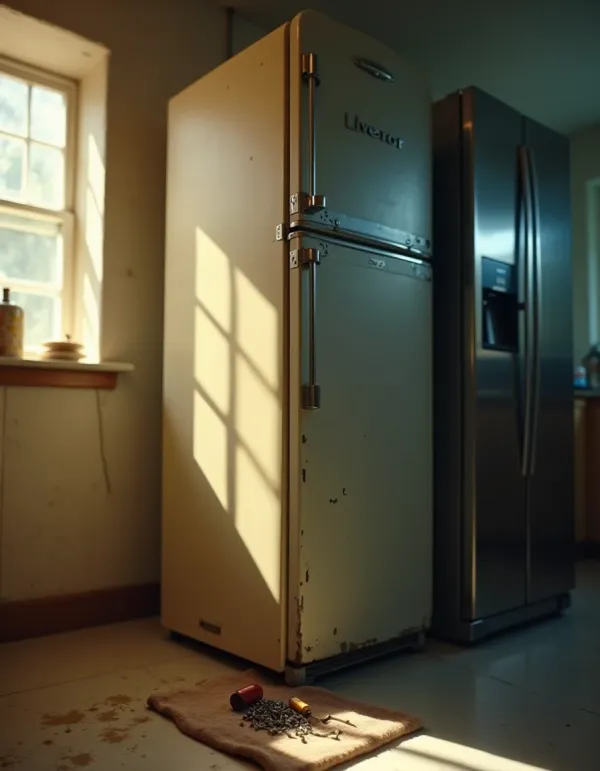Who Should Do the Dishes? A Small Fight with Big Signals
A spat over dishes isn't about plates — it's a signal. Discover how small chore fights reveal hidden resentments, how to split visible vs invisible work, and a one-week dish experiment that can lower household stress.

The question, in plain terms
You and your partner are in a stand-off about chores: you did the dishes, trash, and helped with laundry, but your partner wanted the dishes to be left until the end after other cleaning. Are you in the wrong for doing the dishes when you did?
What people notice
- Some people point out this argument isn’t really about plates — it’s about a bigger pattern. Small fights like this often show up when partners aren’t on the same page about fairness, standards, and who notices what needs doing.
- Others stuck up for doing the dishes first: dirty dishes attract pests and stink over time, so "do them now" is practical advice. If you live with kids, that becomes more urgent.
- People also asked for context: how are childcare, cooking, and the unseen mental work split? It matters a lot when judging whether a split of chores is fair.
- Many think you two need to stop keeping score and start collaborating. Resentment builds when partners trade passive-aggressive chore nudges instead of agreeing on a system.
Real, usable advice
Keep this simple and doable:
- Agree on standards, not micro-rules. Decide together what “clean enough” and “ready for guests” mean. Make the standard clear so actions don’t read as criticism.
- Put dishes first. Most people recommend washing or loading dishes as you go — it literally prevents smells and pests. It’s a tiny habit with big payoff.
- Split visible and invisible work. Talk about grocery planning, appointments, and childcare. The “mental load” of remembering and organizing is real; cognitive load research shows that hidden tasks sap energy and cause friction (see: https://en.wikipedia.org/wiki/Cognitive_load).
- Make a simple system. A two-column chore list, a calendar, or rotating weekend tasks beats the “you did this, I did that” game. Keep it flexible: life changes, so should the plan.
- Use a timer for ugly conversations. If a chore convo heats up, set a 10-minute talk window. Say what you need, then move to solutions.
- Consider therapy. If this keeps coming back, a neutral third party helps you uncover patterns of resentment and communication breakdowns.
One final thing
You’re teammates. The goal isn’t to win the chore war — it’s to live together without counting grudges. Do the small stuff, agree on the bigger stuff, and give each other credit when you actually show up.
Want a tiny experiment? For one week, always wash dishes within an hour of use. See how much the stress level drops.




